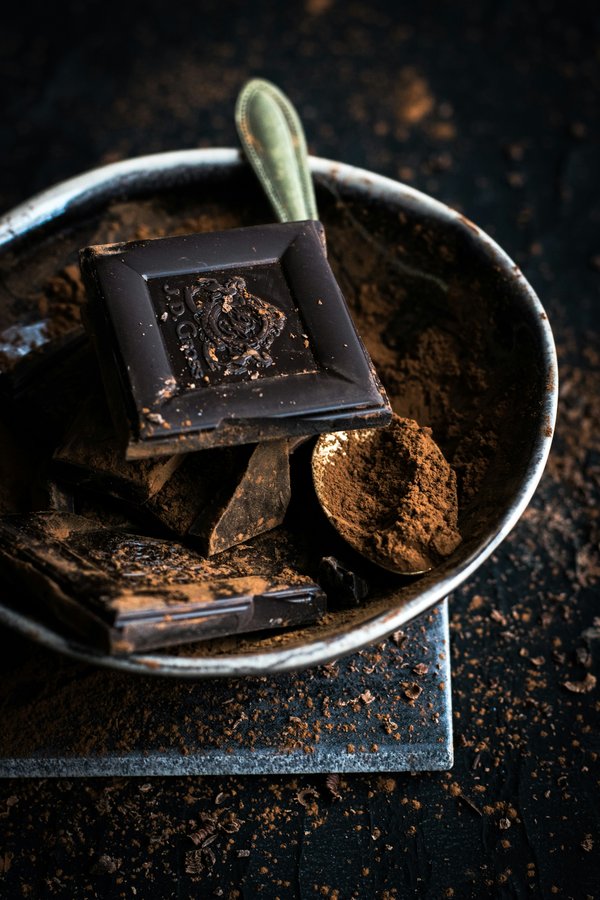Knowledge of the health benefits of dark chocolate is not new.
A deep catalog of research has demonstrated the antioxidant effects of polyphenols and flavonoids in cocoa, some of the main ingredients of dark chocolate. Studies show dark chocolate helps prevent cardiovascular disease, certain cancers and Alzheimer's disease.
MORE: When weight-loss drugs don't work, this new technology may one day help people with obesity
Previous research even has suggested a link between chocolate consumption and reduced risk of diabetes, although findings have been inconsistent. But a study published Wednesday in the British Journal of Medicine showed that people who consumed at least five servings of dark chocolate a week – about an ounce a day – had a 21% lower risk of type 2 diabetes.
People who ate at least 5 ounces of any type of chocolate per week had a 10% reduced risk of type 2 diabetes. Increasing consumption of milk chocolate, but not dark chocolate, was linked to weight gain – a risk factor for type 2 diabetes – according to the research.
"We were surprised by the clear split between dark and milk chocolate's impact on diabetes risk and long-term weight management," said Qi Sun, associate professor in Harvard's nutrition and epidemiology departments and one of the study's authors. "Even though dark and milk chocolate have similar levels of calories and saturated fat, it appears that the rich polyphenols in dark chocolate might offset the effects of saturated fat and sugar on weight gain and diabetes."
But don't overdo it.
People in the study ate low amounts of chocolate compared to previous studies, and the findings "may not apply to individuals with very high chocolate consumption," the researchers said.
The study used data from surveys of 192,000 people that were conducted over more than 30 years as part of two previous Harvard studies.


